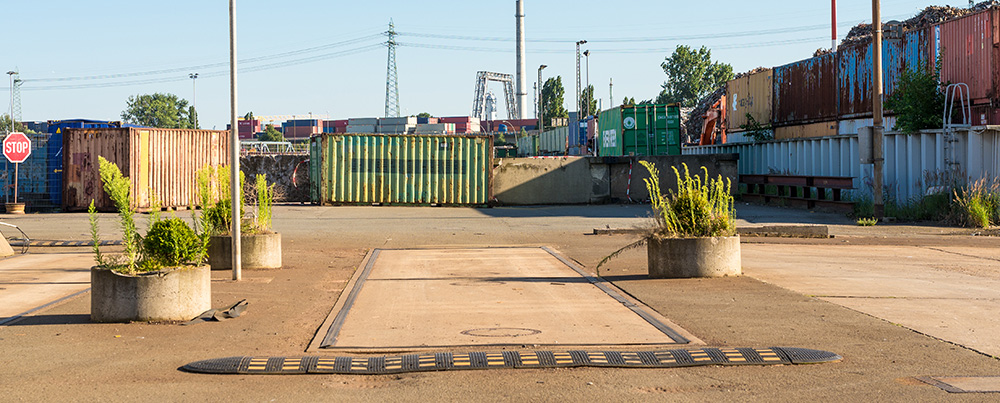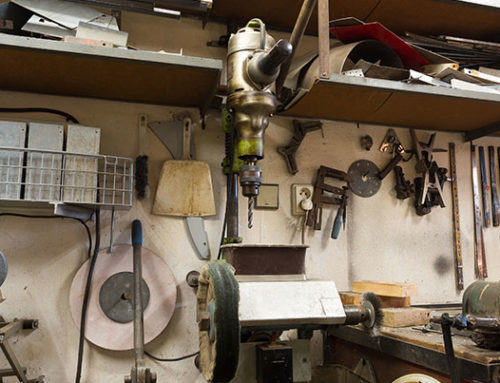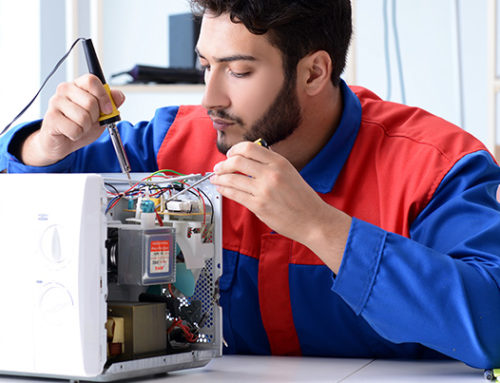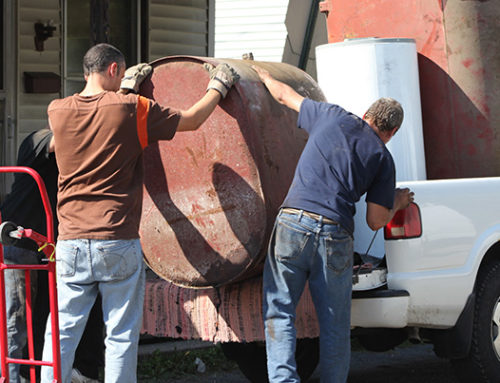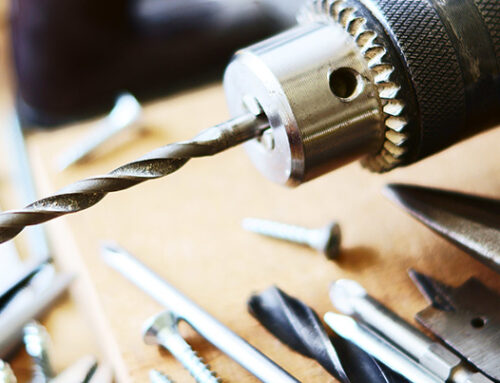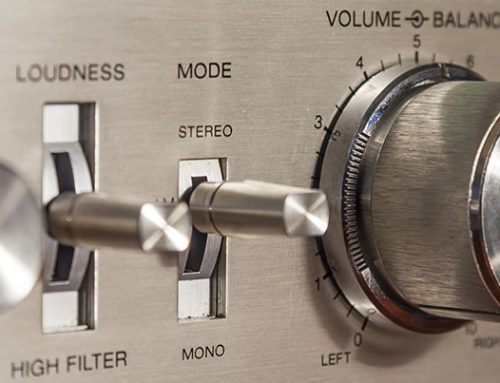Most people who scrap for metal go into it as a hobby. They’re handy and looking for something to do in their spare time that will earn a little cash. They love to see how things are built and break them down. Smashing things apart can be a great stress reliever after work, and the hunt for scrap can be a lot of fun. A lot of scrappers may not be in it for the money, but no one wants to leave money on the table, right? Hobbyists and professionals alike are drawn to metal scrapping because there’s always the chance you can have fun doing something you enjoy and make some money at the same time. But you need to know how the money is made first. Understanding how scrapyard scales can maximize your effort and save you from unnecessary tasks.
Metal Prices Fluctuate
If you don’t have experience scrapping professionally, chances are slim you’ll make it big stripping copper wires. If you’re new to scrapping, treat it as something you do to fill time. A lot of scrappers strip wires while they watch TV or break down appliances listening to the radio. It’s something to keep busy when you wouldn’t be doing anything otherwise. One of the reasons you should treat making money scrapping as an unexpected bonus is metal prices are always fluctuating. It’s hard to know how much you’re going to make on a month to month basis. Prices can be affected by the rate of construction, new home demand, and even political crises in other countries. All stuff you can’t control.
The important thing is to not get too high when prices are good, and don’t get discouraged when they’re low. Just keep plugging away and getting better. When prices are low it’s a great time to take care of all those tasks you put off like reorganizing the garage or sorting that pile of wires in the corner. Do the planning now to make your work more efficient when prices go back up. You can also go out looking for new places to pick up scrap around your neighborhood.
The Weighing Process
You need to pay attention to how your local scrap yards weigh scrap and pay out. First of all, understand that the first number you see on the scale when you walk in will be the gross weight of the bucket, truck, or box, along with all the scrap in it. The tare weight is the weight of the box, truck or bin that’s then subtracted out, leaving you with the net weight. Net weight is what your pay will be based on. Mistakes in weighing do happen. Just make sure you’re watching the scales as it’s done. A more common mistake is that scrapyards will sometimes misclassify the metals you bring in. Make sure you get paid for the correct materials.
Time Really is Money with Scrapping
Before you do the work scrapping, call your local scrap yard to inquire about their pay rates. Online scrapping forums are filled with stories of people who spent hours stripping wires only to make one cent more per pound for copper. Another poster told the story of a time he spent days dismantling computer hard drives and took them in only to sell them for a fraction more than a complete hard drive would have gone for. That time could have spent collecting way more hard drives. It’s all about calculating what your time is worth and working to maximize it. Most of all, you want to spend your time scrapping doing things you enjoy so it keeps you motivated looking for that next big score.

